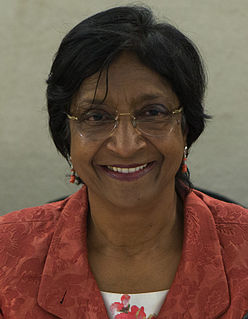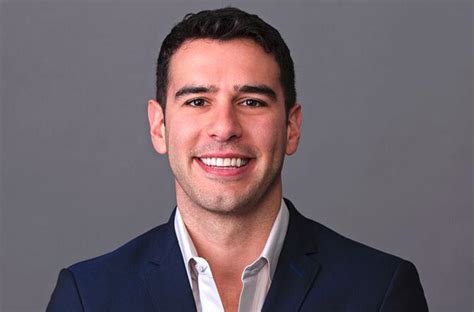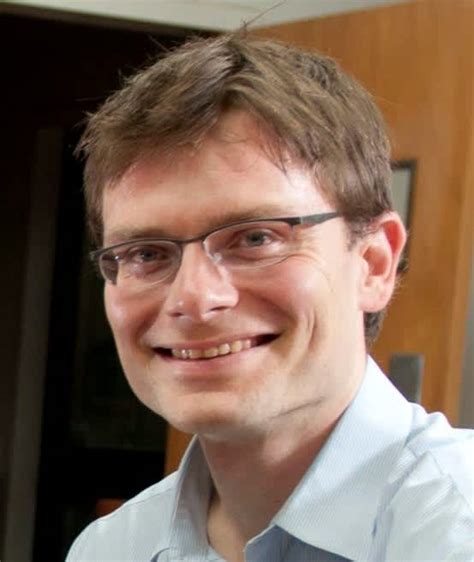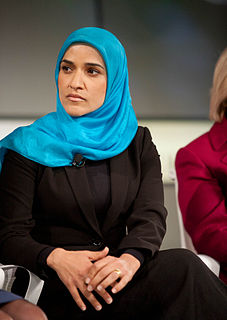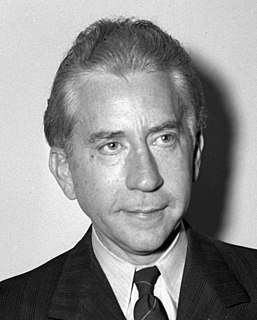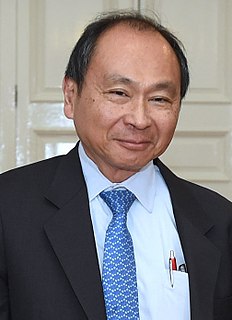A Quote by Thomas Pogge
We should condemn as unjust a global economic order that leads to ever-increasing economic disparities - provided this effect is foreseeable and provided it is also avoidable through some alternative institutional design that would foreseeably lead to much less poverty and inequality. Those involved in designing or imposing the existing rules are collectively responsible for the resulting excess deprivations and human rights deficits.
Quote Topics
Also
Alternative
Collectively
Condemn
Deficits
Design
Designing
Economic
Economic Order
Effect
Ever
Excess
Existing
Global
Human
Human Rights
Imposing
Increasing
Inequality
Institutional
Involved
Lead
Leads
Less
Much
Order
Poverty
Provided
Responsible
Rights
Rules
Should
Some
Those
Through
Unjust
Would
Related Quotes
I see a violation of human rights not in the mere fact that people don't have enough to eat and that they are very vulnerable, but I see it in the fact that the economic institutional order of the world is associated with this very persistent poverty and that different institutional arrangements at the supranational level could stop and even reverse the slide towards ever-greater income disparities.
Discrimination and multiple deprivations of human rights are also frequently part of the problem, sentencing entire populations to poverty... It is surely a matter of outrage that over half a million women die annually from complications related to pregnancy and childbirth. This is nearly half the annual global death toll, and arguably, a direct reflection of the disempowerment of women in social, economic and political life.
Global poverty is a complex web of interlinked problems. There is no one 'silver bullet' that will solve global inequality. Multiple contributing factors must be tackled in parallel. Yes, education alone is unlikely to lead to employment without economic reform to address the demand side in much of the developing world.
Poverty is not an accident of, sort of, an economic spreadsheet. Poverty is a crime. There are criminals involved. And those criminals walk the streets as free men. What my music is about, and what - this from the riots in the streets of Greece and Spain to the people's uprisings in Egypt and Libya and Madison is about is holding those people accountable, those who are responsible for subverting the entire global economy and causing so much misery and then laughing about it with their, you know, clinking their champagne glasses on their yachts.
There is an alternative to terror. It is called, in the political order, democracy. In the economic order, it is called the dynamic enterprise economy. (...) It empowers poor people from the bottom up. (...) A dynamic economic sector is the poor's best hope of escaping the prison of poverty. It is the only system so far known to human beings to take poor people and make them, quite soon, middle class, and some of them even (horrors!) rich.
We must understand the role of human rights as empowering of individuals and communities. By protecting these rights, we can help prevent the many conflicts based on poverty, discrimination and exclusion (social, economic and political) that continue to plague humanity and destroy decades of development efforts. The vicious circle of human rights violations that lead to conflicts-which in turn lead to more violations-must be broken. I believe we can break it only by ensuring respect for all human rights.
...Americans...automatically equate dissension with disloyalty. They view any criticism of our existing social, economic, and political forms, as sedition and subversion. ...(" The growing reluctance of Americans to criticize, and their increasing tendency to condemn those who, in ever dwindling numbers, will still voice dissent") is disturbing, deplorable, and truly dangerous.
What Asia's postwar economic miracle demonstrates is that
capitalism is a path toward economic development that is potentially
available to all countries. No underdeveloped country in the
Third World is disadvantaged simply because it began the growth
process later than Europe, nor are the established industrial powers
capable of blocking the development of a latecomer, provided
that country plays by the rules of economic liberalism.


